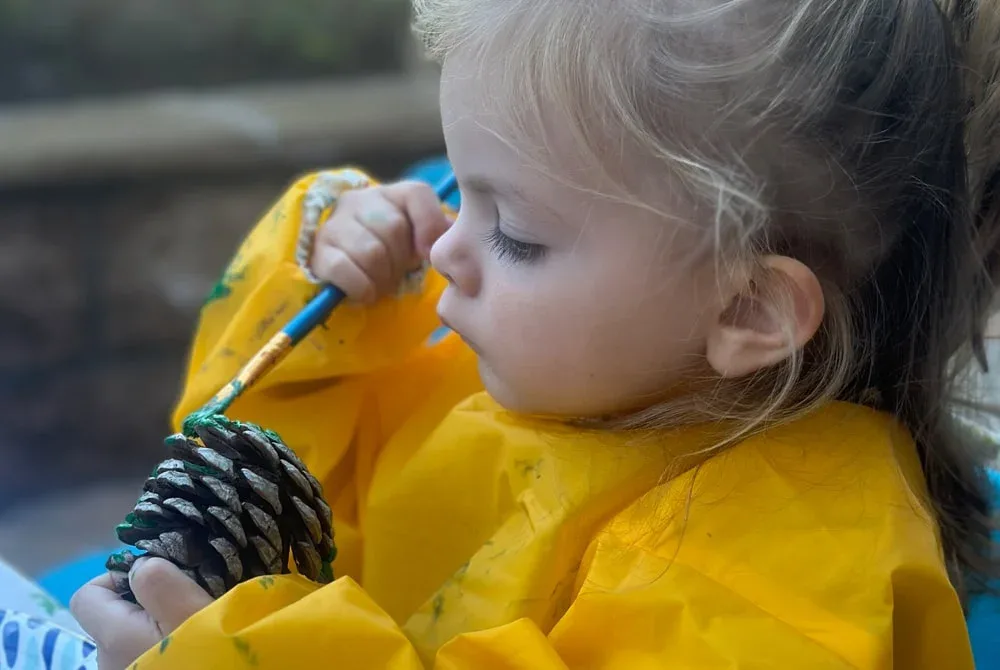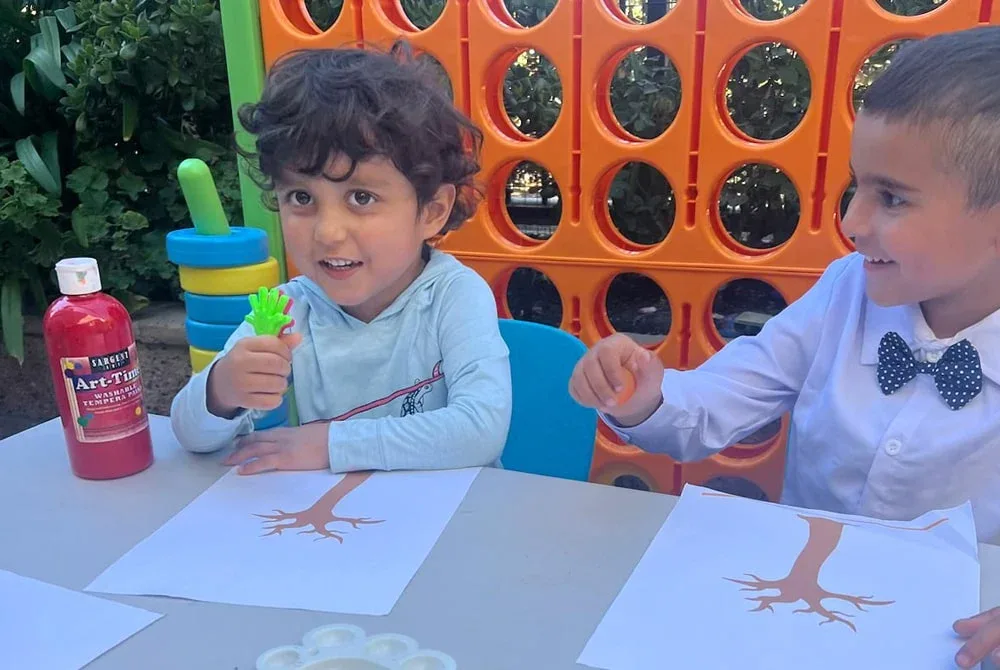
Traditional methods are no longer enough to keep young minds engaged and inspired, and we need to utilize new strategies for early childhood education. Hands-on learning is a new and practical approach that engages kids in the learning process, helping them develop creativity, cognitive skills, and social interaction with their friends that are essential for their future. Additionally, hands-on activities help kids to find a solutions for different issues and be responsible. In this article, we delve into the importance of hands-on activities and practical education for kids and explore more.
Contents
What Are Cognitive Skills?
Cognitive skills are the mental capabilities that allow us to think, learn, and solve problems. So, it’s important to improve these skills in childhood.
These skills include memory, attention, logic, and reasoning. When children participate in hands-on activities, they activate and improve these vital skills through playing, learning, and teamwork. For example, when children play with Legos and try to make some structures, they first learn how to recognize colors and shapes, then decide how to use them and make a structure. Sometimes, children have special stories for their legos and use their imagination for each. All these processes help children to think better, develop creativity, and use their hands to make something useful.
The Importance of Cognitive Skills
Creative games, fun science experiments, teamwork, and hands-on activities transform learning into an exciting adventure. This process develops children’s brains and helps them grow smarter, more confident, and more connected with the world around them.
Remember the core mental processes improve learning and navigate daily life effectively.
Creativity is developed by Hands-On Activities
Hands-on activities lead to better imagination and inspire children to think more or, in other words, try out-of-the-box thinking.
From playing with legos or drawing a picture, kids learn to turn their ideas into reality, looking for innovative solutions and independent thought. With this explanation, let’s examine the best and most simple hands-on activities for kids.
Simple Hands-On Activities for Kids to Try Today
You can Give kids paper, glue, and craft materials to inspire their imaginations and ask them to create something artistic. Also, you can tell stories and then ask kids to make or paint their favorite characters. Additionally, you can encourage children to gather leaves, rocks, or flowers and discuss their findings.
All these activities keep kids entertained and boost cognitive skills and motor development. In these kinds of activities, kids use their imagination to create something with their hands. When they concentrate on making or designing, their cognitive skills improve.
At Deecyda, through different adventure camps and hands-on activities, we focus on developing cognitive skills as you can see some of them here on our Youtube channel.
Outdoor Activities and Hands-on Activities
Kids naturally like to spend time outdoors and are more energetic than adults. Spending time in nature and being friends with the environment promote interaction and movement in children. Hands-on activities, especially outdoor activities like playing with rocks, and going to a picnic, foster collaboration, teamwork, and communication skills.
At Deecyda we focus on doing sports and encourage kids to play outdoors more rather than playing with computers or other sedentary behavior.

FAQs
What are cognitive skills?
Cognitive skills are mental abilities like memory and attention. Hands-on activities stimulate the brain, improving these skills through active participation.
How do hands-on activities improve cognitive skills?
Hands-on activities encourage kids to think differently, solve problems, and experiment, naturally improving their creative potential.
Can hands-on learning improve motor development?
Absolutely! Activities like drawing, cutting, or building refine fine motor skills and coordination while keeping learning fun.
Conclusion
In this article, we explain the benefits of Hands-on learning for developing cognitive skills, social interaction, and creativity.
Hands-on activities play a vital role in children’s education. These activities engage children more and keep their attention on impactful experiences, and joyful learning. If you searching for a daycare focusing on these activities, contact us as soon as you can, and give your child a strong foundation for academic success and personal growth.

